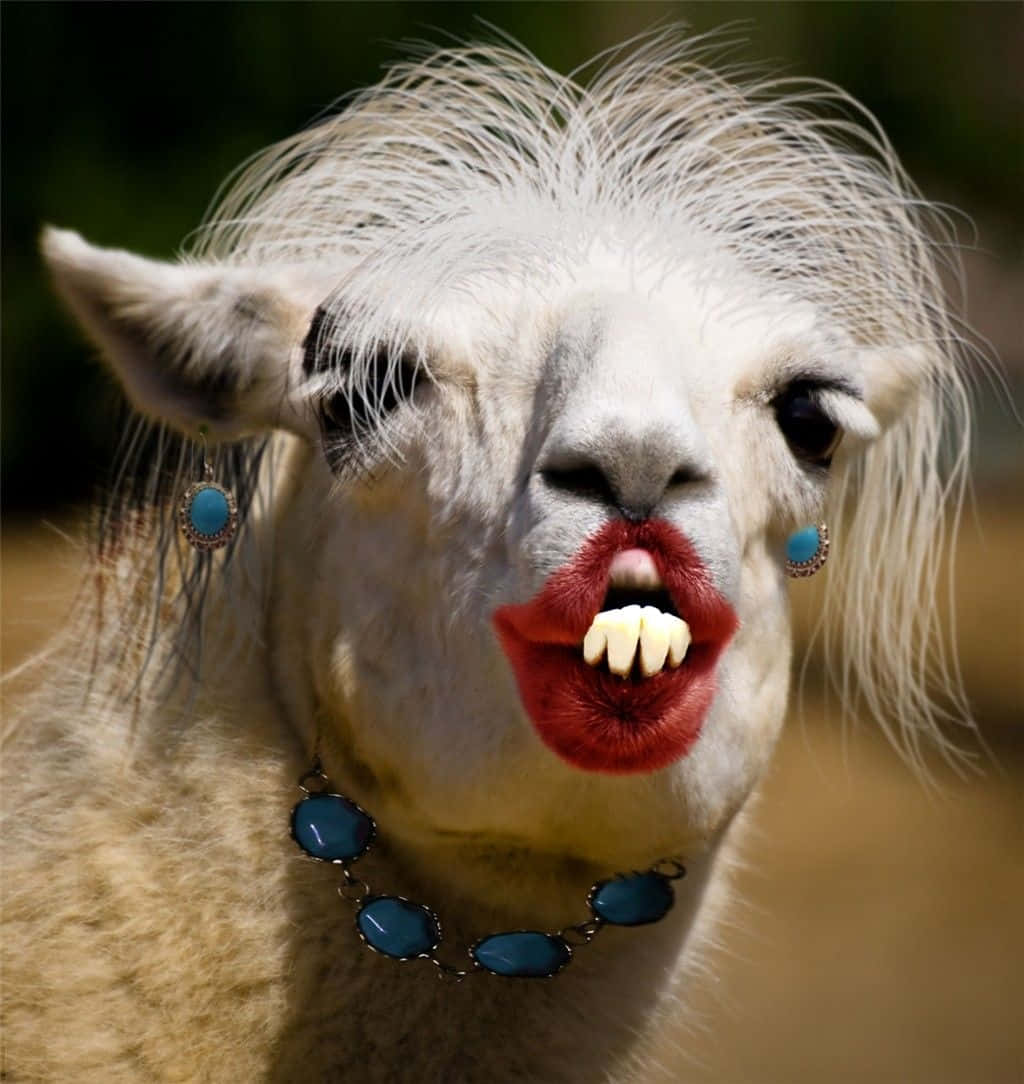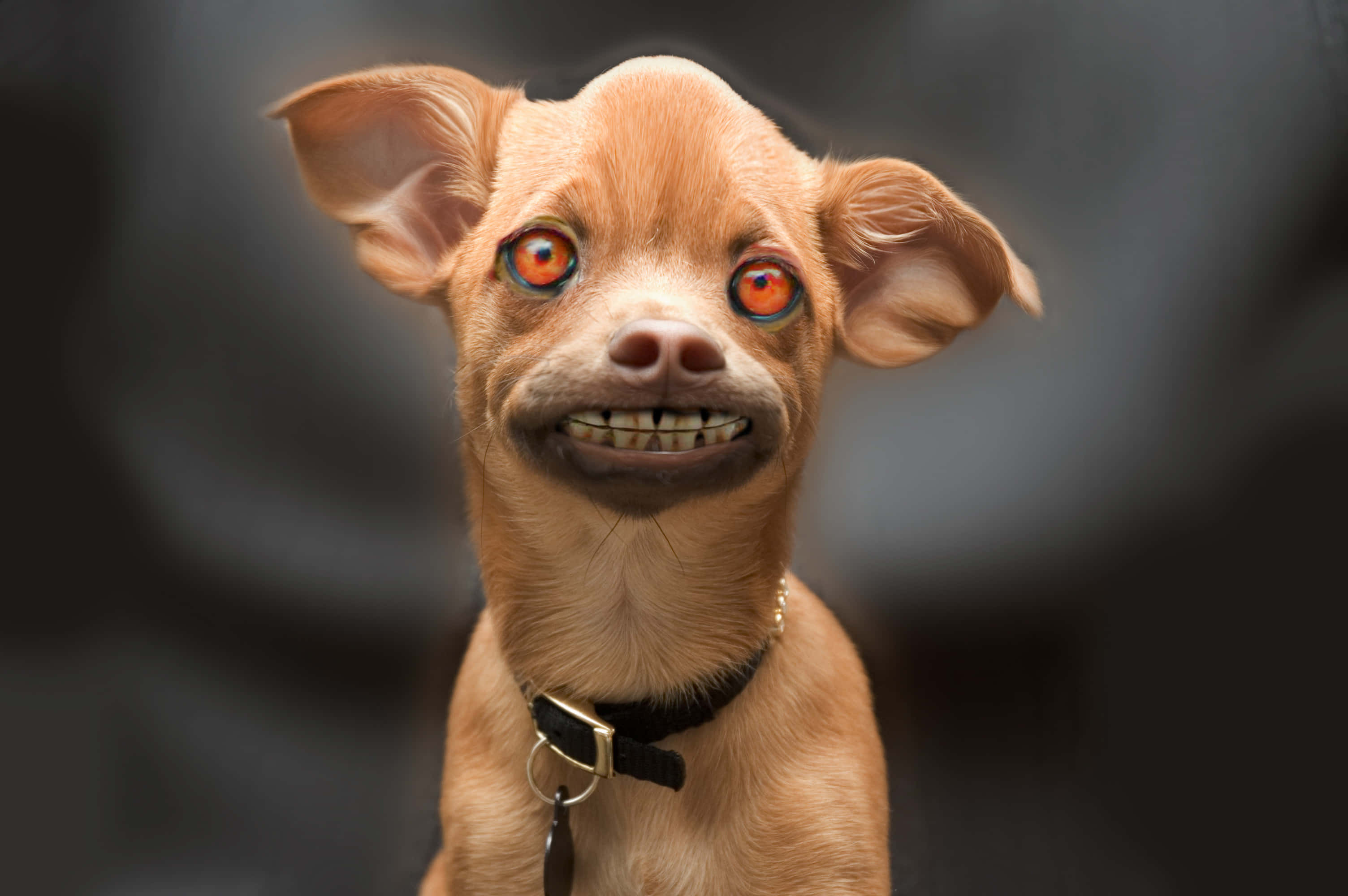Unpacking The Conversation Around Ugly Celebrity Kids
It seems like everyone has an opinion on the appearance of public figures, and that includes their children. There's a certain fascination, a kind of collective curiosity, about how the offspring of famous people will look. You know, we often imagine they will inherit all the striking qualities of their parents. But, quite frankly, that isn't always the case, and sometimes, the public discussion around how these young ones appear can get rather intense. It's a topic that, in some respects, touches upon our own ideas about beauty and what we consider pleasing to the eye.
When we talk about the word "ugly," what do we really mean? As a matter of fact, the meaning of "ugly" can be quite straightforward: it means something that is offensive to the sight. It's about things that are very unattractive and unpleasant to look at. This idea has been around for a long time, with its meaning softening a bit from "very unpleasant to look at" around the late 14th century. Before that, it might have suggested something more unpleasant, perhaps even threatening or violent. So, when people use this word, they are usually describing something they find visually displeasing, like saying someone makes them feel "dowdy and ugly."
Now, when we consider celebrity children, there's this natural expectation. We think that children of well-known individuals will bear a strong resemblance to their parents, perhaps even inheriting their most celebrated features. But, every now and then, a child comes along who, quite honestly, does not seem to resemble their famous parents at all. This can spark a lot of talk, creating a buzz among people who follow these things. It's a curious phenomenon, really, how much attention is given to these family resemblances, or the lack thereof, in the public eye.
- Hubert Dornano Net Worth
- A Palm Beach Property Once Owned By Donald Trump Just Sold For Close To 140 Million Second Most Expensive Sale In Us History
Table of Contents
- Defining "Ugly" in the Public Sphere
- The Historical Context of "Ugly"
- Perceptions of Unattractiveness
- The Unspoken Expectations of Celebrity Offspring
- When Genetics Take an Unexpected Turn
- A Look at Public Discussions: The Case of Lily Sheen
- The Impact of Public Scrutiny on Young Lives
- Navigating Fame and Appearance
- Beyond Physical Features: What Truly Matters
- Common Questions About Celebrity Kids and Appearance
- Moving Forward: Shifting Our Focus
Defining "Ugly" in the Public Sphere
The word "ugly" carries a significant weight, especially when it applies to people. It's a term that describes something offensive to the sight, something very unattractive and unpleasant to look at. This meaning, you know, is pretty consistent across various sources, like dictionary definitions which explain its use, pronunciation, and synonyms. It's a word that can make someone feel quite bad, like the phrase "She makes me feel dowdy and ugly." This feeling, you know, of being seen as less than pleasing to the eye, is a strong one, and it's something many people try to avoid.
The Historical Context of "Ugly"
Thinking about the word "ugly," its roots go back a bit. It is cognate with words like "uglie" in Scots or "ugglegur" in Icelandic, which suggests a long history of describing things that are not pleasing. Around the late 14th century, its meaning softened a little to simply mean "very unpleasant to look at." Before that, it might have carried a sense of being unpleasant and threatening or even violent. By around 1300, it also took on a sense of being morally offensive. So, the word has a history of describing both visual distaste and, in a way, a kind of moral judgment, too.
This historical journey of the word shows us that our ideas about what is visually appealing or displeasing have been around for a long, long time. It's not a new thing, this human tendency to categorize things based on how they look. And, quite frankly, when we apply such strong terms to individuals, especially young ones, it can have a pretty deep impact. This is something we often forget when we're just talking casually, perhaps.
Perceptions of Unattractiveness
When people talk about someone being "ugly," they are expressing a perception. This perception is that the person is very unattractive and unpleasant to look at. This is something that can be quite subjective, meaning what one person finds displeasing, another might not notice at all. Yet, in the public arena, particularly when it comes to individuals who are in the public eye, these perceptions can become widely discussed, almost as if they are facts. This collective observation, or judgment, if you will, is what often fuels the conversations we see. It's a bit like a ripple effect, actually, where one comment can lead to many more.
It is that kind of discussion, the one where people freely share their views on someone's looks, that can become a real challenge for those being talked about. This is especially true for young people who are still growing and figuring out who they are. The constant commentary, you know, can be a lot to handle. It makes you wonder, doesn't it, about the real-world effects of these online and casual conversations.
The Unspoken Expectations of Celebrity Offspring
There are a lot of celebrity children who look exactly like their famous parents. This is something we see quite often, and it makes perfect sense. Genes, after all, play a huge role in how we look. So, it's only natural to expect children of celebrities to bear a resemblance to their parents. We often anticipate that they will inherit the good looks, the striking features, or even just the recognizable facial shapes that make their parents so famous. This expectation, it seems, is deeply ingrained in how we view the families of public figures.
However, sometimes, these kids of celebrities absolutely do not look like their parents. Every now and then, one comes along that doesn't at all seem to carry the familiar traits. This can be surprising to many people, and it often becomes a topic of conversation. People might wonder why a child doesn't share the same kind of appearance as their well-known mother or father. This contrast, you know, between expectation and reality, often sparks a lot of public interest and commentary.
When Genetics Take an Unexpected Turn
Genetics are a fascinating thing, truly. We inherit a mix of traits from both parents, and sometimes, the combination can be quite unexpected. A child might pick up a feature from a distant relative, or perhaps a recessive gene might express itself in a way that wasn't anticipated. So, when a celebrity child does not look like their famous parent, it's often just the way genetics work out. It's not a reflection of anything else, just the random assortment of genetic material. This natural process, you know, can lead to a wide range of appearances within any family, famous or not.
The public, however, tends to scrutinize these differences a bit more when it comes to those in the spotlight. They might compare features, trying to find where a particular nose or eye shape came from. This kind of detailed examination, you know, is something most people don't experience in their everyday lives. It highlights the unique pressures faced by children growing up with famous parents. It's a rather intense spotlight, isn't it?
A Look at Public Discussions: The Case of Lily Sheen
One example that has come up in discussions about celebrity children's appearances involves Lily Sheen. She is the daughter of Kate Beckinsale and Michael Sheen, both well-known actors. In some public discussions, or perhaps among certain observers, there has been talk about her appearance. Specifically, some commentary has suggested that she inherited Michael's "rat face." This kind of direct and rather harsh assessment, you know, is something that unfortunately happens in public forums. It is a striking example of how people can openly discuss the physical traits of young individuals who happen to have famous parents.
This particular instance, like many others, really brings to light the challenges faced by children of celebrities. They are born into a world where their looks, their choices, and their lives are often subject to intense public scrutiny and, quite frankly, sometimes very unkind remarks. It's a situation that, in a way, is unique to those growing up in the public eye. It makes you think about the kind of pressure they must feel, doesn't it?
Lily Sheen: A Brief Overview
| Full Name | Lily Mo Sheen |
| Parents | Kate Beckinsale and Michael Sheen |
| Notable For | Being the daughter of two prominent actors; subject of public discussion regarding appearance |
| Born | January 31, 1999 |
The Impact of Public Scrutiny on Young Lives
Growing up in the shadow of famous parents brings its own set of unique challenges. When your appearance becomes a topic of widespread discussion, it can be incredibly tough, especially for children and teenagers. Imagine, if you will, having your features dissected and debated by countless strangers online or in tabloids. This kind of intense focus on physical traits can certainly affect a young person's self-perception and overall well-being. It's a heavy burden, quite honestly, to carry at such a formative age.
The constant exposure to commentary, whether positive or negative, can create a distorted view of self. It can make a young person feel as though their worth is tied directly to how they look in the eyes of others. This is a very difficult situation for anyone, let alone someone who is still developing their identity. It’s important to remember that these are real people, with real feelings, who are simply living their lives, albeit under a very bright spotlight.
Navigating Fame and Appearance
For celebrity children, navigating the world means also navigating public opinion about their appearance. They don't choose to be famous, but they are born into a life where their looks are often fair game for public commentary. This includes everything from their hair color to their facial structure. This constant evaluation, you know, is something that most people never have to deal with. It adds an extra layer of complexity to growing up, to be sure.
Some celebrities, like Marilyn Manson, started to mingle with other famous people as their own fame grew. He began a romantic relationship with the actress Rose McGowan, for instance. This kind of mingling means that the children born into these circles are exposed to even more public attention. The families become a subject of intense interest, and every detail, including how the children look, becomes part of the public narrative. It's a cycle, really, where fame brings more scrutiny, and that scrutiny often turns to personal details.
Beyond Physical Features: What Truly Matters
While public discussions often focus on physical appearance, it is important to remember that a person's true value goes far beyond how they look. Character, kindness, talent, intelligence, and the contributions they make to the world are what truly define an individual. These are the qualities that, in some respects, really matter and leave a lasting impression. Focusing solely on physical traits, especially those that are outside of a person's control, misses the bigger picture entirely.
We should, perhaps, shift our collective attention from superficial judgments to celebrating the unique qualities and accomplishments of these young individuals. Instead of talking about who inherited an "ugly parent's gene," we could talk about their schooling, their hobbies, or any charitable work they might be involved in. This change in focus, you know, could make a real difference in how they experience their lives in the public eye. It's a way to foster a more supportive and, quite frankly, more human environment for them.
You can learn more about the broader context of celebrity life on our site, and link to this page for more insights into media representation. These resources can provide a richer understanding of the pressures and realities faced by those in the public eye. It’s a complex topic, after all, with many layers.
Common Questions About Celebrity Kids and Appearance
People often have a lot of questions about celebrity children, especially concerning their looks. Here are a few that come up often:
Do celebrity children always look like their famous parents?
No, not always. While it is quite common for children to share features with their parents, genetics work in many ways. Sometimes, children might resemble a different relative, or they might have a unique combination of traits that doesn't strongly echo either parent. It's a natural part of human variation, really, that every child is their own person visually.
Why do people comment so much on how celebrity kids look?
There's a general fascination with celebrities and their lives, which often extends to their families. People feel a connection to these public figures, and this curiosity can lead to discussions about personal details, including appearance. It's also, you know, a way for people to engage with pop culture and share their opinions in public spaces, particularly online. This kind of commentary is, in a way, part of the landscape of fame today.
Is it fair to call a child "ugly" in public discussions?
Using terms like "ugly" to describe any child, especially in public, is generally considered very unkind and harmful. Children are still developing, and such comments can deeply affect their self-esteem and mental well-being. It is, quite frankly, a practice that lacks empathy and does not consider the human impact of such words. Most people would agree that it is not a fair or appropriate thing to do.
Moving Forward: Shifting Our Focus
The conversation around "ugly celebrity kids" highlights a broader societal tendency to judge and scrutinize appearance. As we have seen, the very meaning of "ugly" points to something offensive to the sight, something unpleasant to look at. This kind of judgment, when applied to young people, can have truly lasting effects. There are a lot of celebrity children who look exactly like their famous parents, and some who do not. This variation is a natural part of life, and it's something we should, in some respects, simply accept.
Instead of focusing on superficial judgments, perhaps we can shift our attention to more meaningful aspects of these young lives. Let's appreciate their talents, their efforts, and their growth as individuals, rather than getting caught up in discussions about their looks. This approach, you know, encourages a more positive and supportive environment for everyone, famous or not. It's a way to be more thoughtful about the impact of our words. You can find more information about the definitions of "ugly" and its usage from a reliable source like the Oxford Learner's Dictionaries, which gives a good overview of its meaning and context.
It is important to remember that these young people are just that: young people. They are growing up under immense public pressure, and our collective words can either build them up or, quite frankly, bring them down. Choosing kindness and focusing on what truly matters—their character and their contributions—is a step towards a more empathetic public discourse. This is a goal we can all work towards, don't you think?
- Trump Family Lists Oceanfront Palm Beach Mansion Across From Mar A Lago For 49 Million
- James Williamson Net Worth

Download Quirky Charm: The Fascinating World of Ugly Animals

Ugliest Women

Download Ugly Pictures | Wallpapers.com